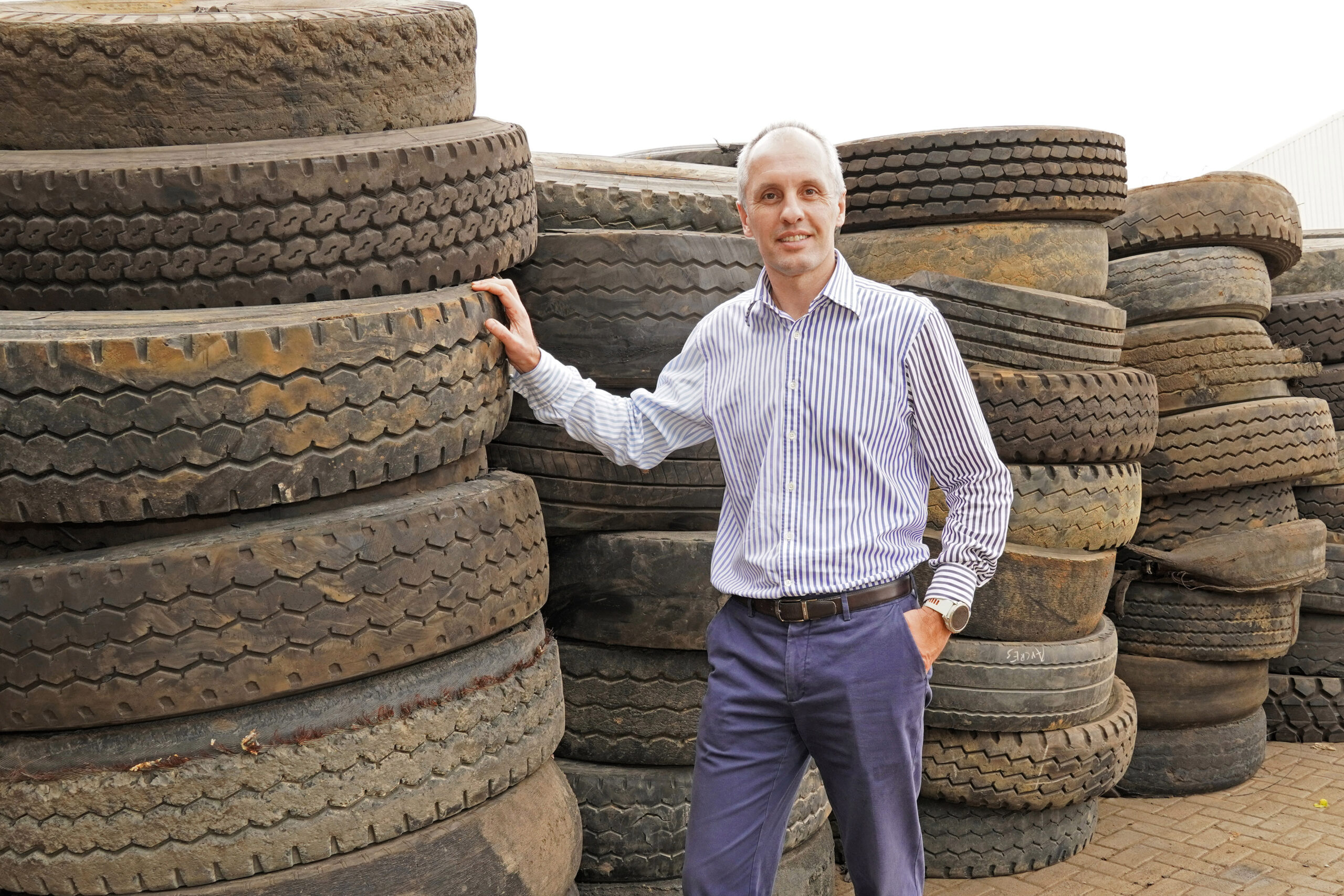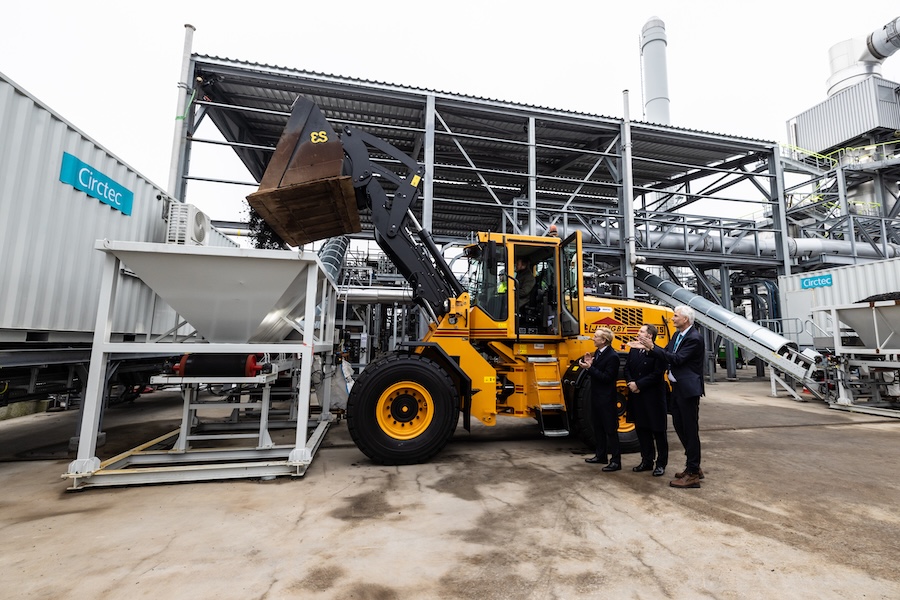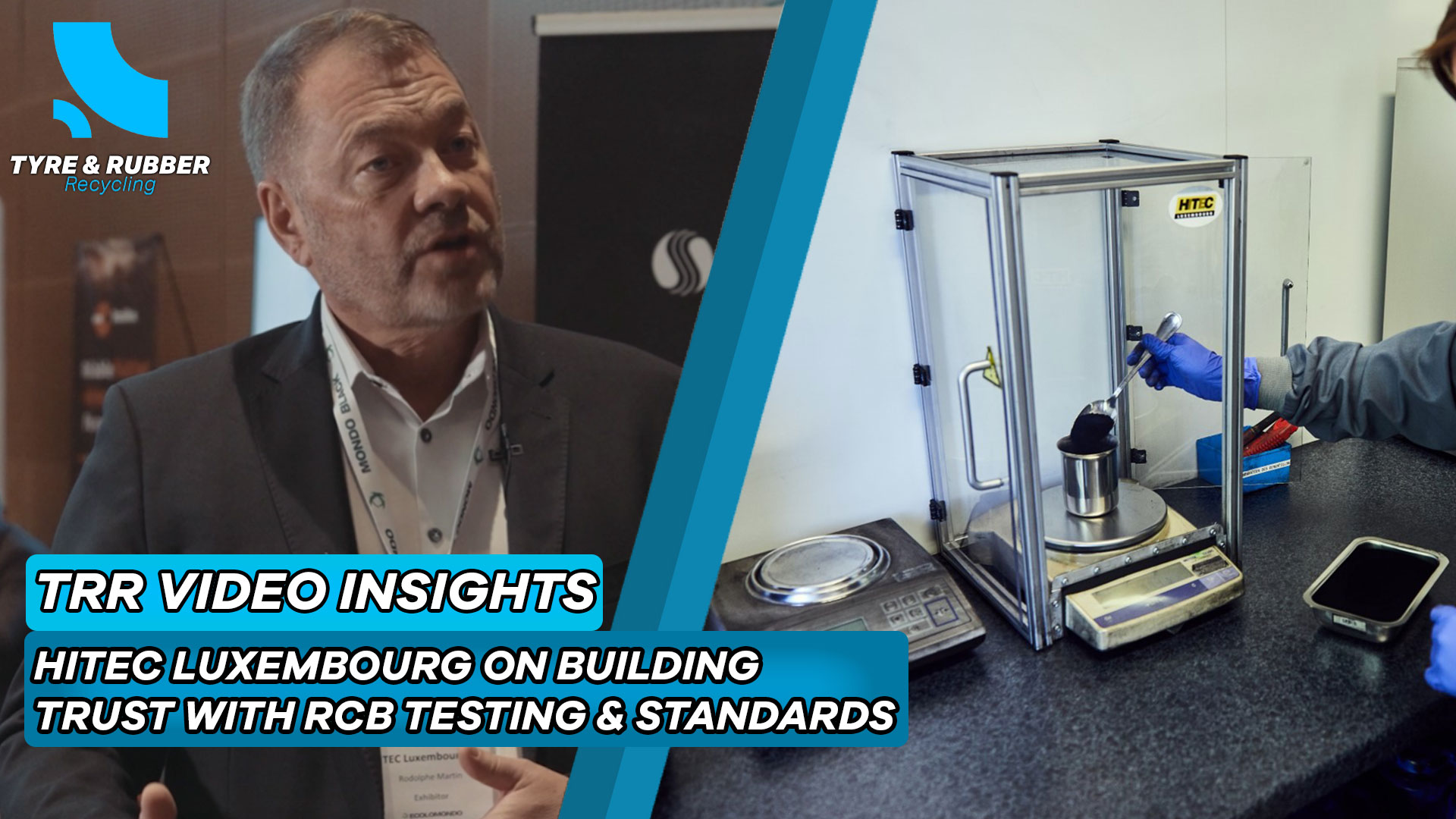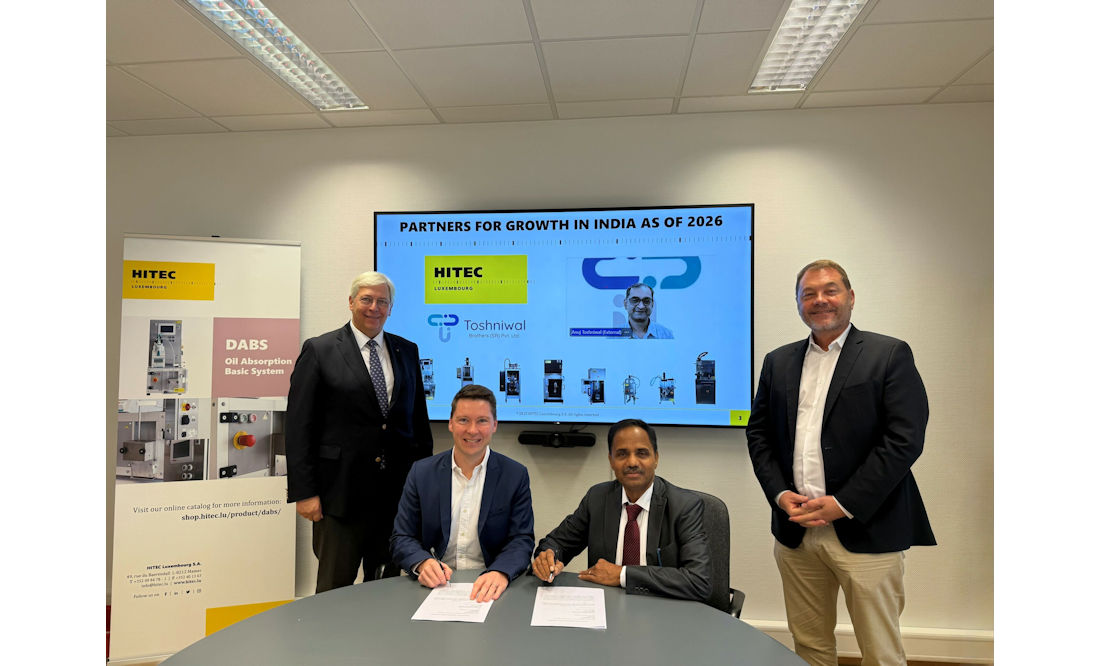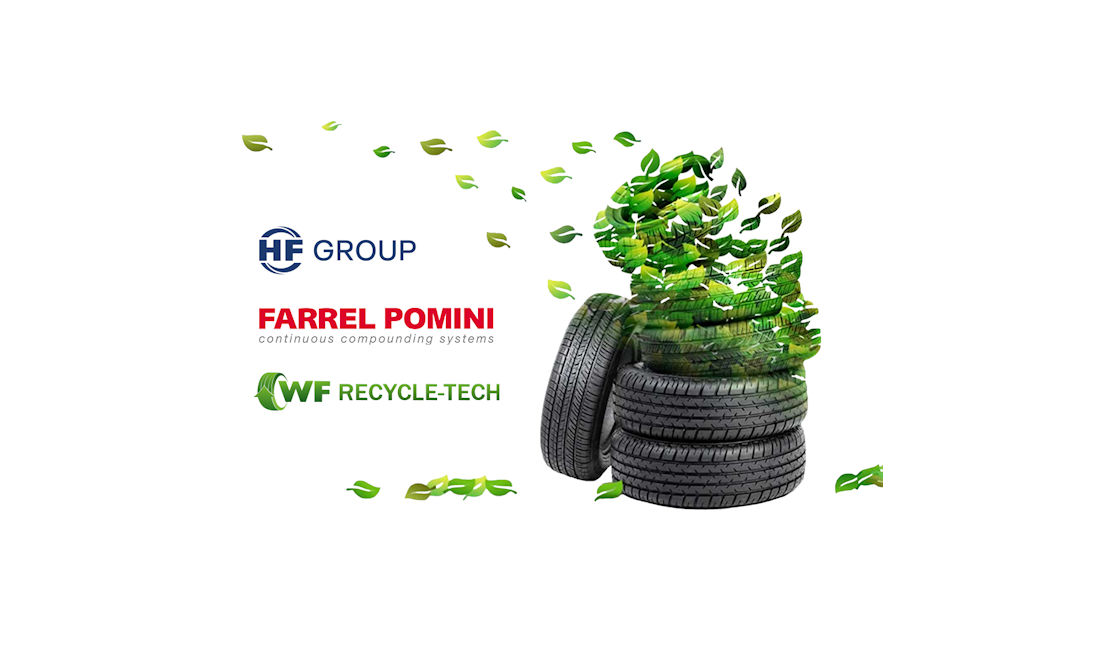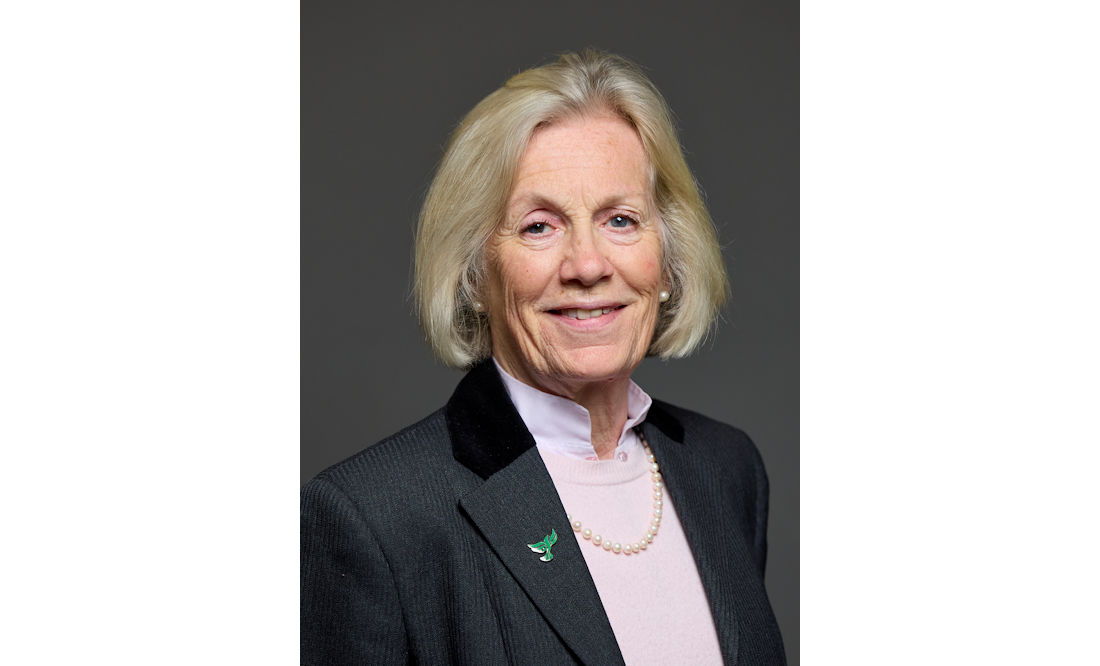The Mathe Group is one of the two large South African tyre recyclers and it is looking to expand
Unlike other continents, there is no operational large-scale devulcanisation plant. Introducing one could not only open up new markets for recycled rubber in manufacturing and construction and enhance our fledgling circular economy, reducing dependency on virgin rubber imports but also addressing the ever increasing stockpile of difficult-to-process off-the-road OTR tyres which are an ever present environmental hazard, says Dr Mehran Zarrebini, CEO of radial truck recycler, Mathe Group, and founder of the Tyre Recycling Industry Association of South Africa (TRIASA).
Dr Zarrebini, a British investor in a company that has grown from a small start up to a successful operation that has processed more than a million radial truck tyres, is not only a trailblazer in the local rubber recycling sector but part of an active global movement to find increasingly innovative ways to break down tyres that have been purposely engineered to resist degradation and aging.
He recently returned from the European Tyre Recycling Association (ETRA) Conference on Tyre Recycling in Europe, keen to encourage the still small local sector to explore new opportunities despite the fact that government’s latest rendition of a tyre waste management plan remains locked in limbo.
Dr Zarrebini has been a member of ETRA for a number of years: “The conference is held every year in Brussels, the epicentre of the European Union. It is convenient for many European Government officials that attend as well as delegates from around the world. Although the organisation is European, there have been a number of non-EU members attending from the UK, Brazil, Ukraine and South Africa.”
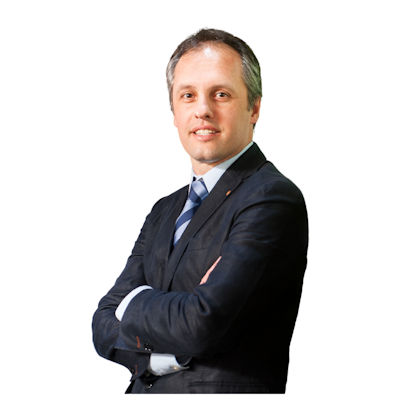
He explains that South Africa has a buoyant private sector and tyre recycling is not new; “We started in 2016 with more than 16 entities operating in this space. Tyre recycling commenced a number of years before then. The problem with the sector has always been lack of financial support, lack of clearly defined legislation and red tape that stifles incumbents from entering into the industry.”
He said the interesting segment of the conference from a South African point of view was the actual processing of tyres and the innovation needed to create solutions around applications that can use tyre derived material.
He commented on the strong connection between academia, private business and government at the event with governments using the conference to form policy, regulation and legislation without stifling innovation. Well-funded academia had presented a number of exciting projects that are currently being researched.
Dr Zarrebini has shared insights into what South Africa is doing in his space.
“We must be versatile in South Africa due to the size of the industry. Hence, we produce a variety of different types of rubber crumb for different markets simply because the industry is small. In Europe, many companies specialise and produce high volumes of certain types of products.”
He continues that the secondary processing industry is the focus for Mathe Group as valorising the commodity that the company manufactures is key to building a sustainable business.
At the ETRA conference, devulcanisation was highlighted as both a challenge and an opportunity in tyre recycling.
“Vulcanised rubber, by design, is highly durable and chemically stable, making it resistant to reprocessing. This has long been a barrier to achieving full circularity. However, recent discussions focused ondevulcanisation technologies and selective breakdown methods. Several European firms presented advancements in microwave devulcanization, chemical softening processes using supercritical fluids and cryogenic grinding paired with controlled devulcanisation agents. These processes allow for more effective reuse of rubber in high-value products rather than relegating it to low-end fillers,” he explains.
However, much as it would boost both the local and national economy, South Africa remains behind when it comes to establishing sophisticated devulcanisation plants.
Nevertheless, Mathe Group is in the process of both upgrading and expanding its plant at Hammarsdale in KwaZulu-Natal.
“The new technology on its way to Mathe focuses on primary processing of material and more advanced and efficient technology to process tyres. There is also plant that will ensure much of the steel that can be recovered will achieve <3% rubber contamination that will command a much higher price on the international market,” he explains.

